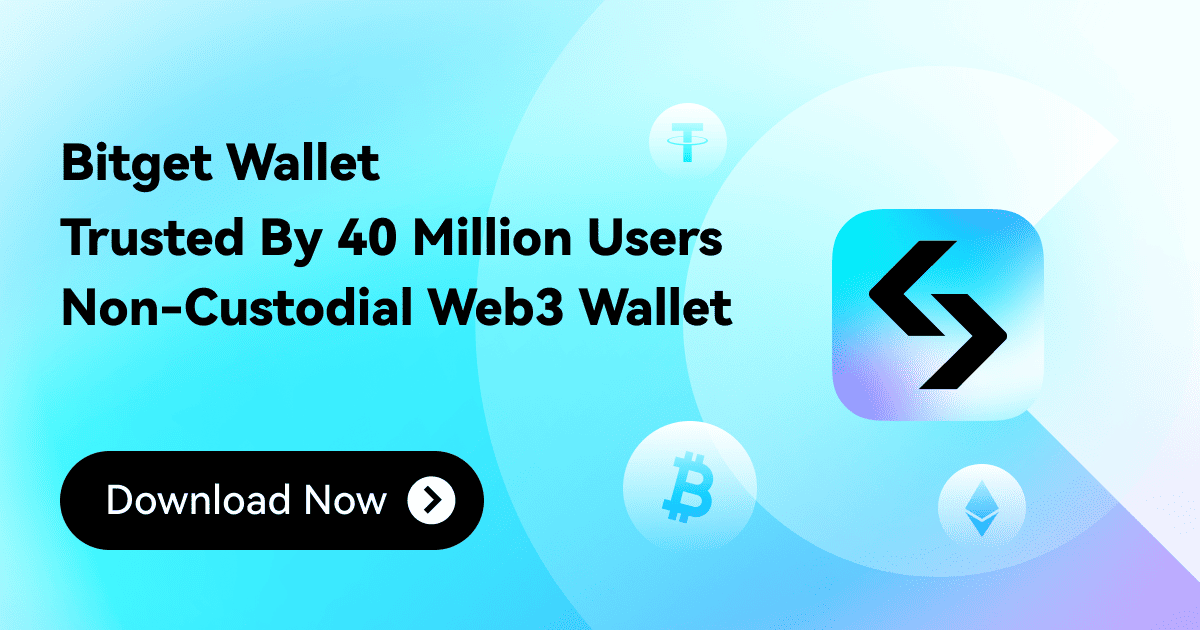Why the German government selling Bitcoin

How Much Bitcoin Did The German Government Sell?
The German government has been slowly selling off a sizable amount of its Bitcoin holdings, adding to recent market turbulence. Starting in June, they liquidated 900 Bitcoins, which were valued at around $52 million at the time, via a wallet run by the Federal Criminal Police Office, known locally as the Bundeskriminalamt, or BKA.
This was followed by the selling of 3,000 additional Bitcoins in the following weeks, for a total of around $172 million. More recently, another 2,739 Bitcoins were sold for $155 million. These trades were generally executed via major exchanges.
While the authorities took 50,000 Bitcoins from the now-defunct movie pirate website Movie2k in January 2024, their current holdings amount to 22,846 Bitcoins. This means that a significant Bitcoin quantity has already been offloaded, with a total value of more than $2 billion.
Why Did The German Government Sell Bitcoin?
The German government currently owns a significant quantity of Bitcoin, valued at more than $1.3 billion. But several MPs have criticized their recent move to sell off a major chunk of this hoard, arguing that the cryptocurrency should be held as a strategic reserve instead.
So, why does the German government trade Bitcoin? Several things might be at play here.
To begin, it's possible that the government is capitalizing on the unpredictable price of Bitcoin to pay for public programs or expenditures.
Secondly, the government might be reducing the risks involved with owning significant quantities of a volatile asset like Bitcoin. Diversifying into more stable assets or fiat money allows them to lessen their exposure to possible price dips while maintaining financial stability.
Next, this decision indicates a change in the government's view on cryptocurrencies, implying a more cautious approach to digital assets. This might have an impact on future policies, thereby impacting investor sentiment and market trends.
Finally, it's possible that the German government is exploring other methods to handle confiscated bitcoin assets. They may be considering converting them into stablecoins or other less volatile choices, thus reducing their exposure to market fluctuations while still benefiting from the crypto industry's future growth.
How Did The Crypto Market Respond?
The crypto community kind of panicked when the German government decided to sell off a lot of its Bitcoin. The price of Bitcoin plunged, falling below $55,000—a level not seen since February. The entire crypto market lost an amazing $170 billion in only one day, like a domino effect!
However, it's worth noting that Bitcoin sales have had very little impact on market sentiment. Despite the initial upheaval, the market showed endurance, with Bitcoin's price stabilizing and even recovering marginally in the following days.
This shows that, although the large-scale selloff has produced short-term volatility, it has had little impact on Bitcoin's overall favorable outlook. Other variables, such as continued reimbursements from the defunct Mt. Gox exchange, have also influenced price volatility.
Although the German government's measures were important, they did not substantially alter the market's direction. It's worth noting that Bitcoin's price is still an amazing 89% higher than it was a year ago, demonstrating ongoing investor confidence and solid underlying demand for the cryptocurrency.
Will The Crypto Market Rebound, Or Is A Crash More Likely?
The German government's recent Bitcoin selloff has undoubtedly shaken the cryptocurrency industry. But the issue remains whether the market will rebound or fall lower. Despite initial unfavorable signals, analysts think a return is feasible. Some even believe the selloff may have a positive long-term impact.
Bitcoin has historically seen falls after halving occurrences. But many experts speculate that the present phase is a necessary adjustment, especially for weaker miners, and that a long-term rebound is feasible, provided excessive futures open interest is managed.
Despite the uncertainty, there are reasons to be cautiously optimistic. The risk signal for Bitcoin does not point to a bear market, and conventional financial markets remain positive. Long-term investors may gain from the present consolidation period, which might remove weaker competitors and prepare the way for a greater recovery.
How To Buy Bitcoin?
About to join the Bitcoin universe? It's much simpler than you could ever think! Here is a fast guide to get you going:
Choosing a trustworthy exchange: Imagine a cryptocurrency exchange as a digital marketplace where you can buy and sell Bitcoin. There are numerous alternatives available, so do your homework to select one that is reliable, meets your requirements, and provides a user-friendly experience.
Creating an account: Once you've decided on an exchange, you'll need to register an account. This normally entails entering some personal information and creating a secure password. Remember, a strong password is essential for keeping your crypto secure!
Verifying your identity (KYC): Most reputable exchangers demand that you confirm your identity. This helps avoid fraud and ensures regulatory compliance. Don't worry; it's typically a short and simple procedure.
Depositing funds: It's time to stock your account with cash! Most exchanges allow you to do this by bank transfer, credit card, debit card, or another cryptocurrency.
Buying Bitcoin: Okay, you have money in your account, so let's get some Bitcoin! Simply search for "Bitcoin" or "BTC" on the exchange, input the desired amount, then click "Buy." Bam! You are now an official Bitcoin owner. Congrats!
Storing Bitcoin in a wallet: Now that you have Bitcoin, it's critical to keep it secure. You may use the exchange's built-in wallet, but for further protection, consider moving your Bitcoin to a personal wallet under your control.
Bitget Wallet is an excellent option. It is a versatile multi-chain wallet that takes Bitcoin and a number of other cryptocurrencies. Bitget Wallet's user-friendly interface, robust security features, and rapid access to decentralized applications (dApps) make managing and growing your cryptocurrency portfolio easier.
 No data
No data














